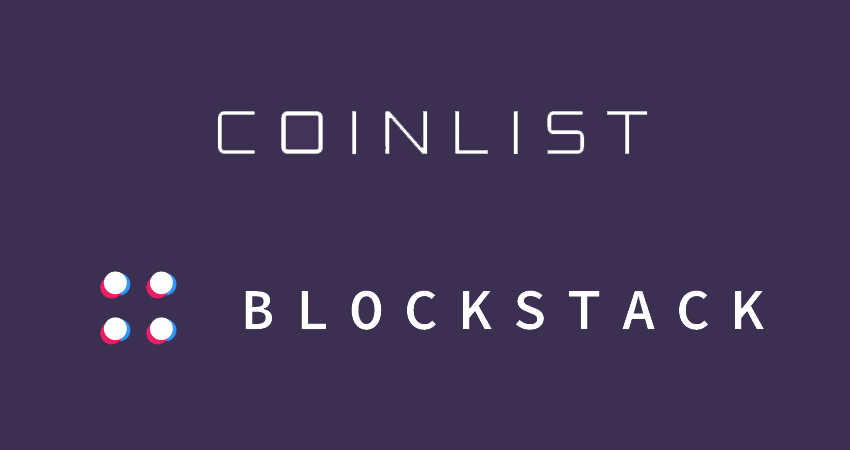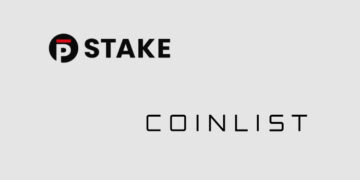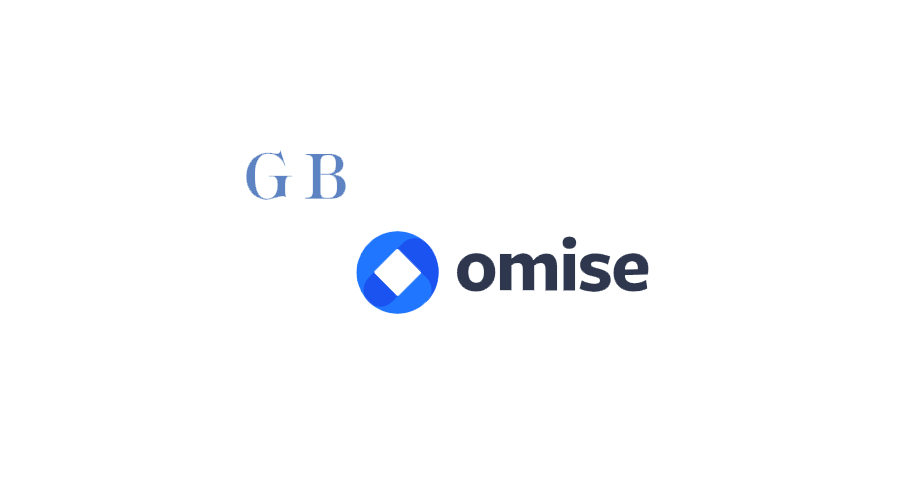CoinList, which emerged last month as an independent company from the AngelList and Protocol Labs’ collaboration which ran the Filecoin token sale has announced the token sale for Blockstack, a new internet for decentralized apps where users control their data and apps run on their devices.
Blockstack started in 2013, went through Y Combinator in Summer 2014, and has raised $5M+ USD in venture capital with Union Square Ventures leading the Seed and Series A rounds and participation from Naval Ravikant, Lux Capital, SV Angel, and others. The Blockstack token system is designed to distribute tokens to users, developers and everyone who wants to be a part of the ecosystem. Registration opened on November 1st and next on Monday, November 13th the token sale process will go live for participants to make their payments.
CoinList, based on their experience with the Filecoin ICO, the biggest in blockchain history, and thanks to lots of help from both companies, it is now aiming to build a leading platform for token-based financial services. CoinList is built for token creators, its infrastructure has been used to handle over $850 million in investments, between those made on AngelList and those on CoinList.
Coinlist’s ICO compliance ComplyAPI product stack includes:
Accreditation
- Meets requirements of SEC Rule 506(b) and Rule 506(c) of Reg D
- Reviewed by a team of licensed attorneys
- Fast turnaround
- API access to accreditation status
KYC-AML
- Instant verification of most investors
- Fast turnaround in manual cases
- Check investors against multiple governments and financial industry AML watchlists
- API access to KYC-AML review status
Stacks: Blockstack Token
The Blockstack token, called stacks, will provide an access control mechanism for performing various operations on the Blockstack network. Protocol operations on the Blockstack network will “consume” tokens; network users will need to purchase tokens 5 to perform network operations. The tokens introduce a cost factor for performing operations, discouraging malicious users or spammers from performing too many operations on the network. The tokens are a scarce network resource and they’re used to protect other scarce network resources like domain names.
Blockstack Infrastructure
- The Blockstack Blockchain & P2P Network – The Blockstack blockchain and peer-to-peer network form the secure backbone of the Blockstack network. Protocol operations are embedded in the blockchain and additional data is stored in the peer-to-peer network, known as the Atlas network.
- The Blockchain Name System -The Blockchain Name System (BNS) is a replacement for DNS and is meant to provide similar functionality without any central root servers. In BNS, names are owned by cryptographic key pairs. Protocol operations (registrations, transfers, zone file updates, etc.) are written to the underlying blockchain. All Blockstack nodes pick up and process these operations to construct a state machine that gives BNS global state.
- The Blockstack API – The Blockstack API provides methods for identity, storage, and tokens.
For more information on the Blockstack token check out the latest company overview and token white paper.



















